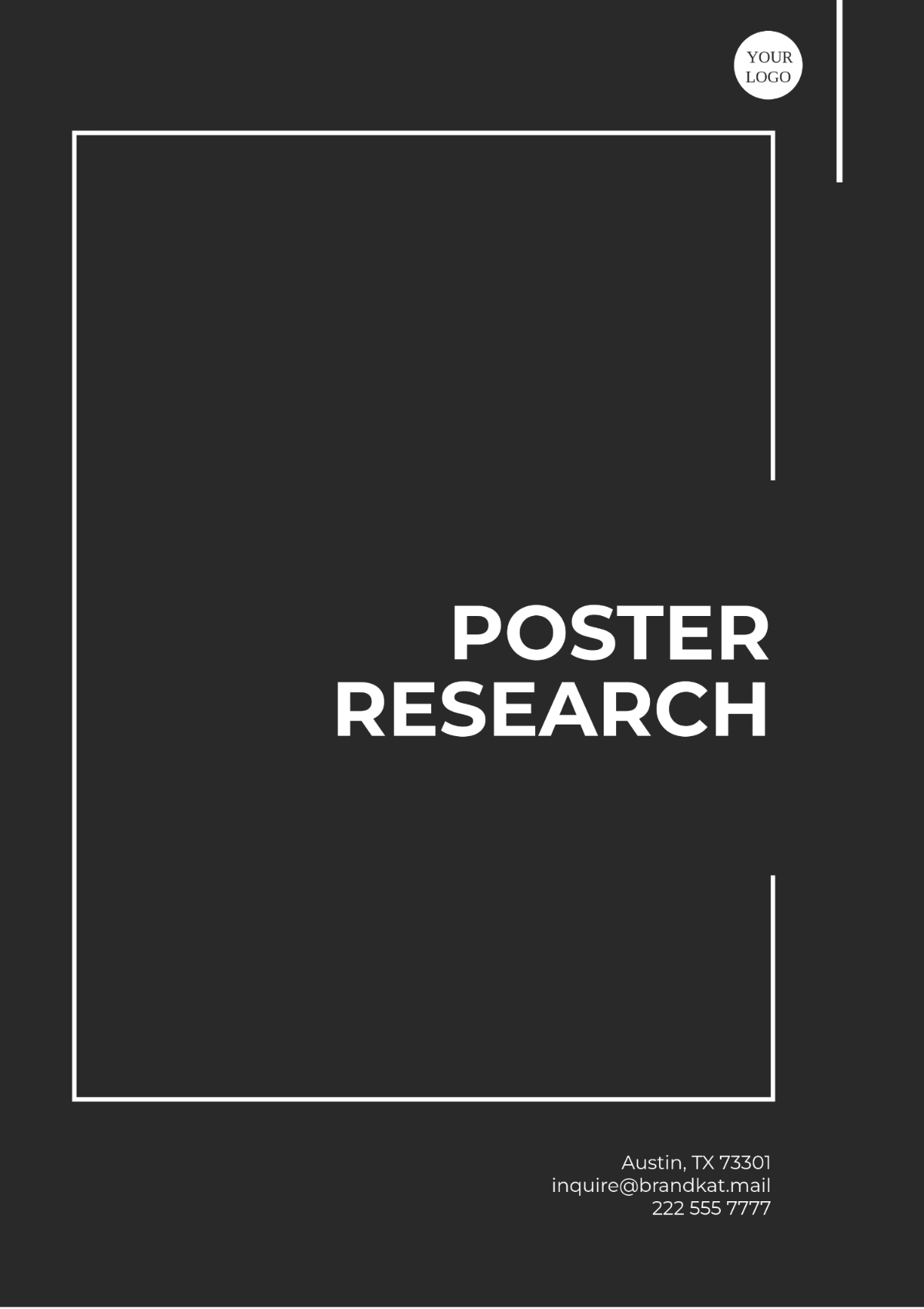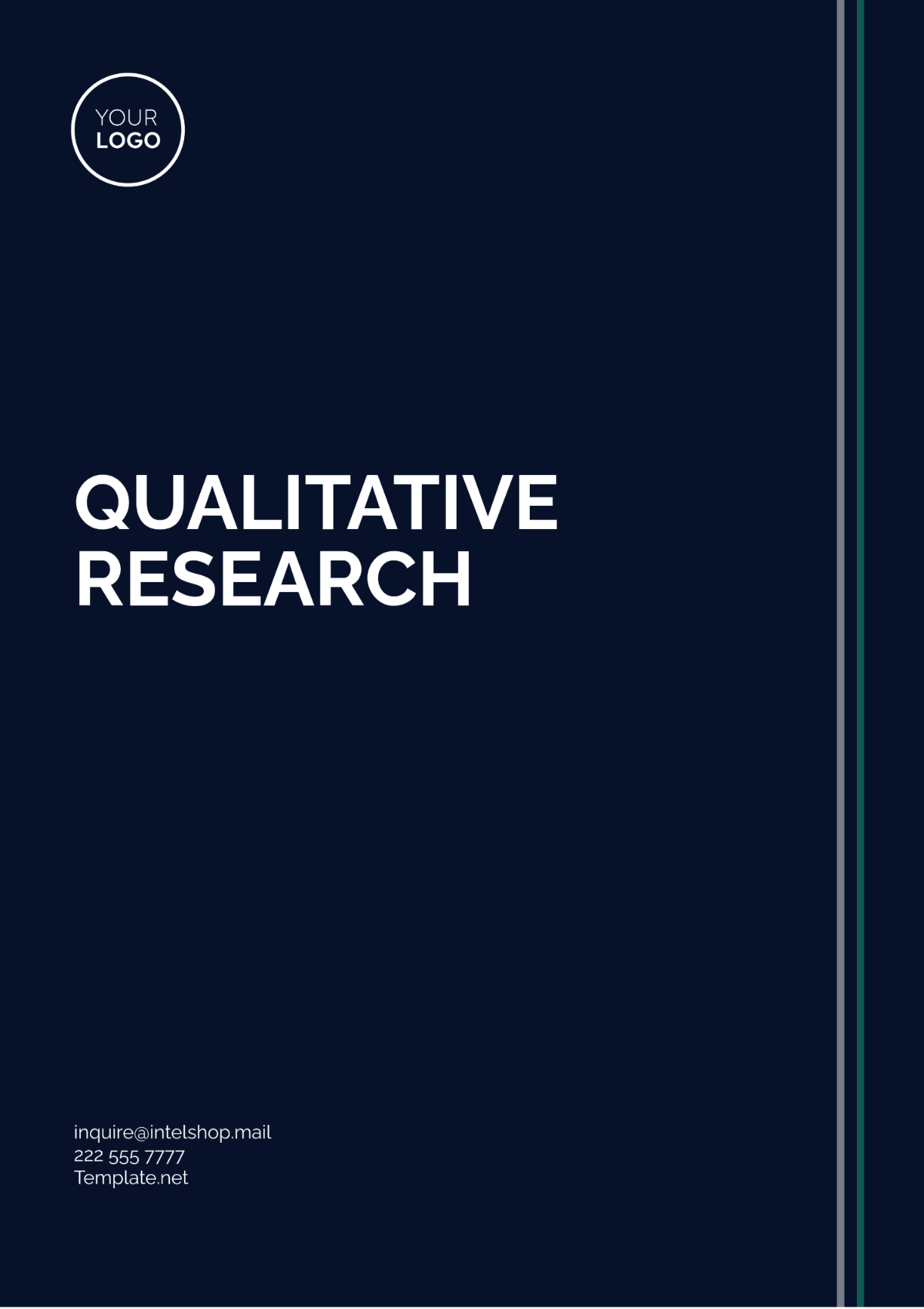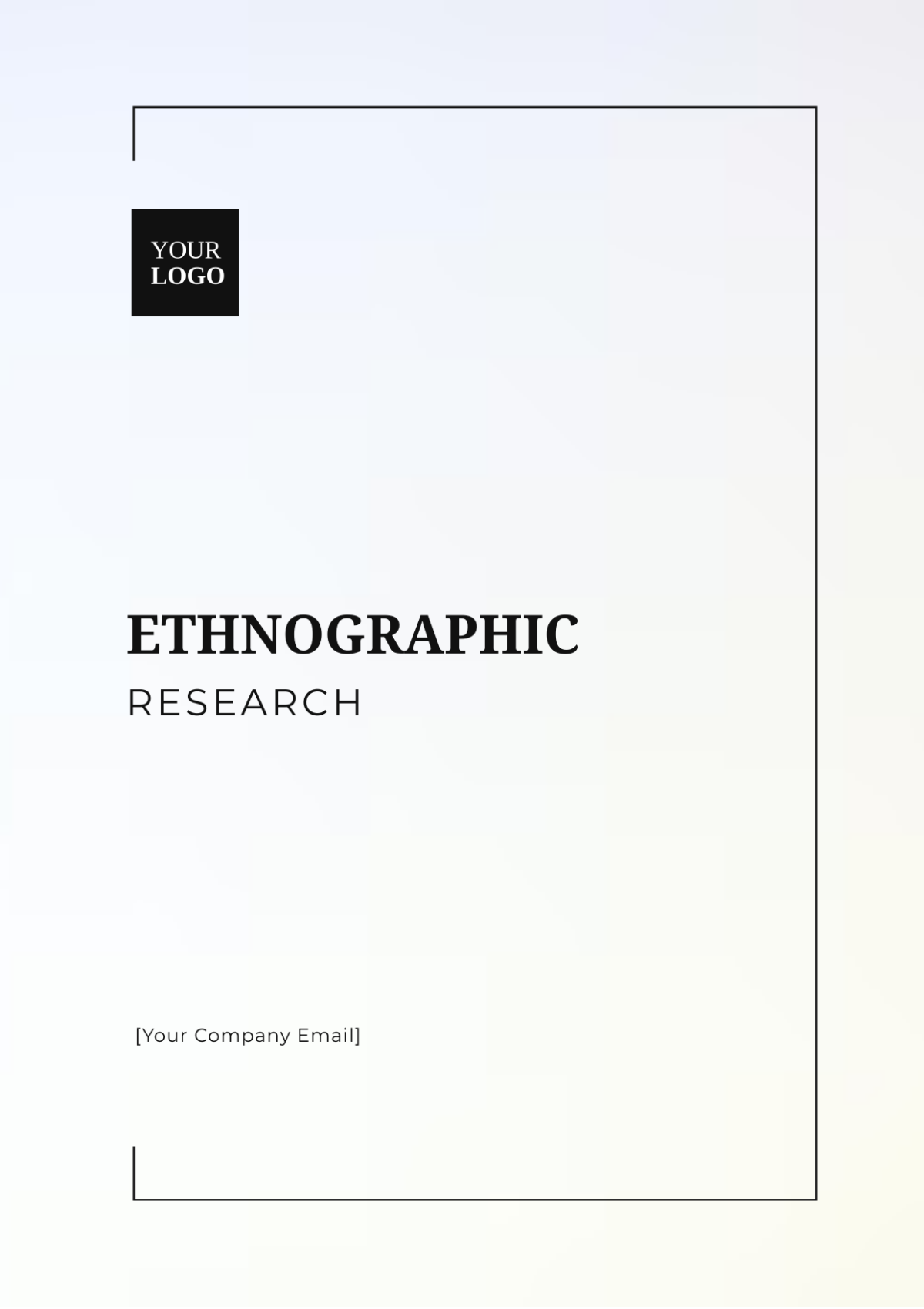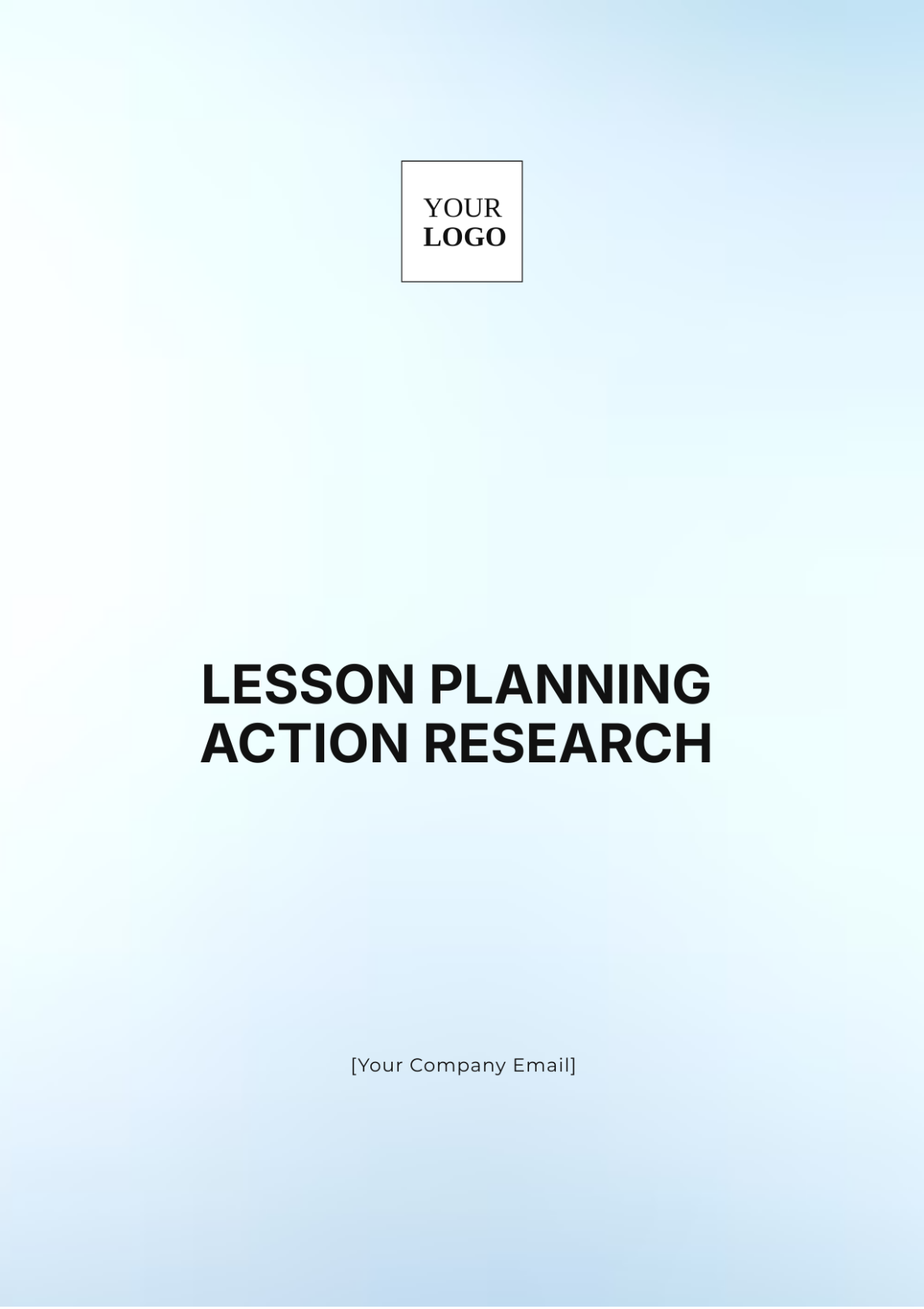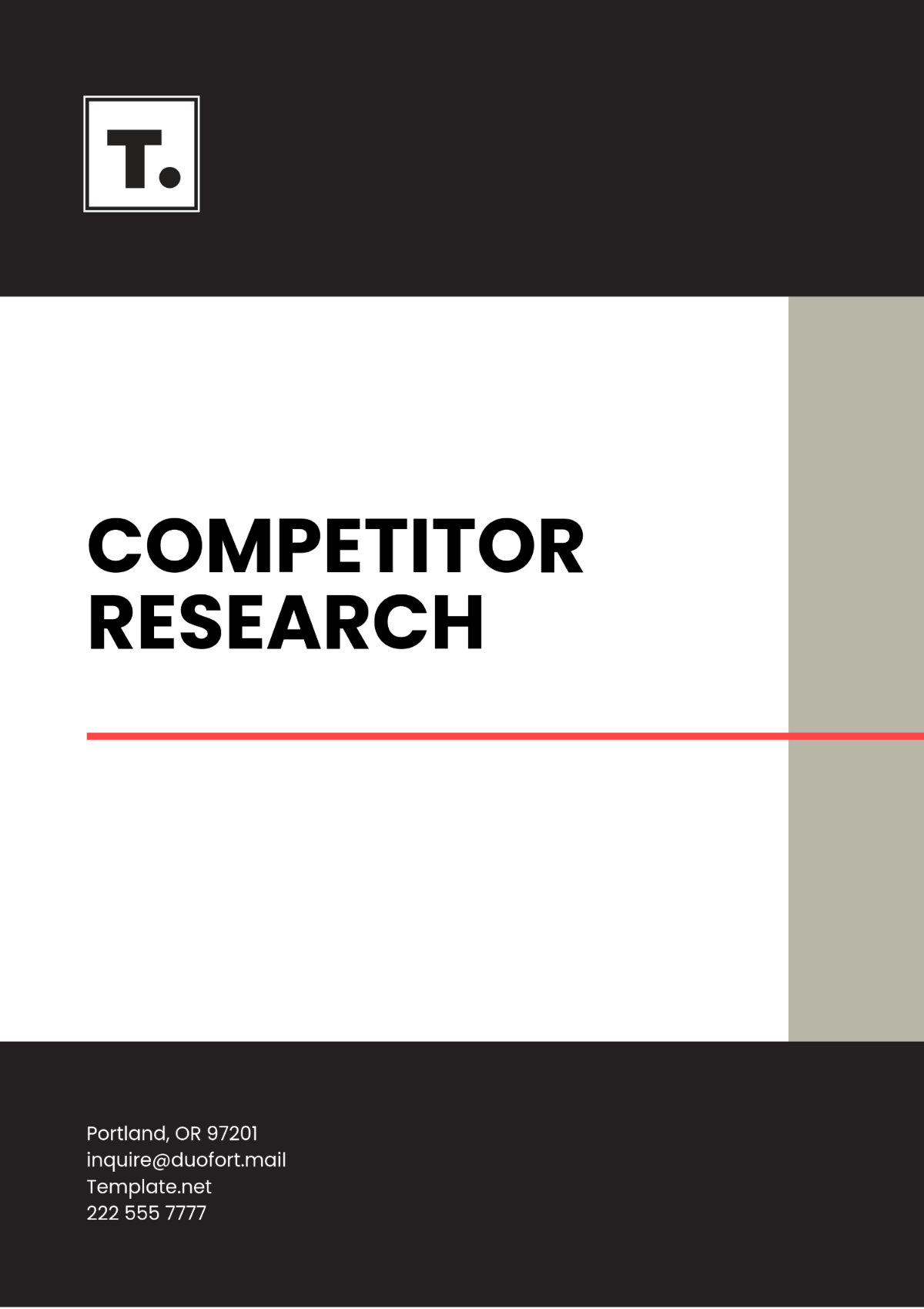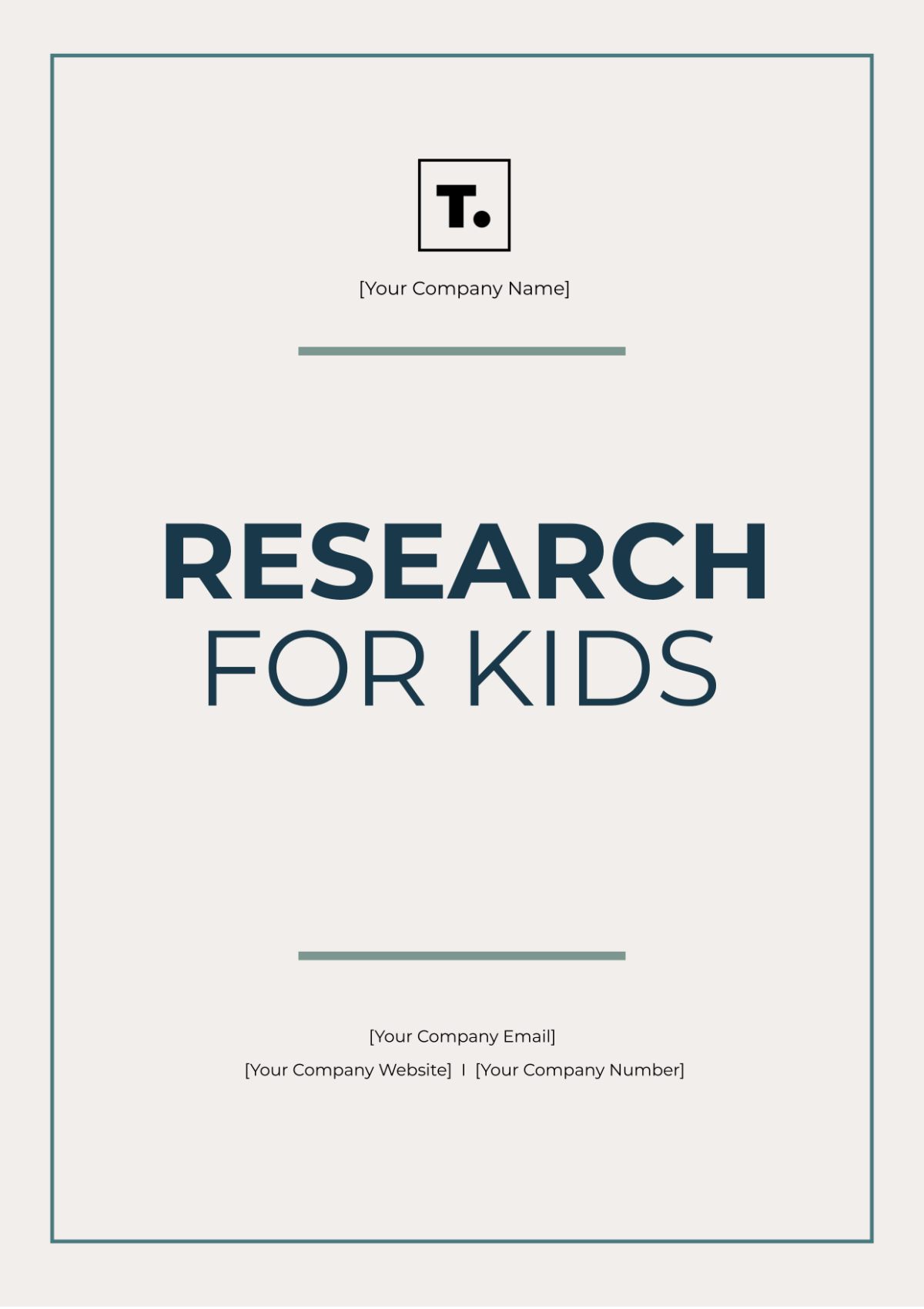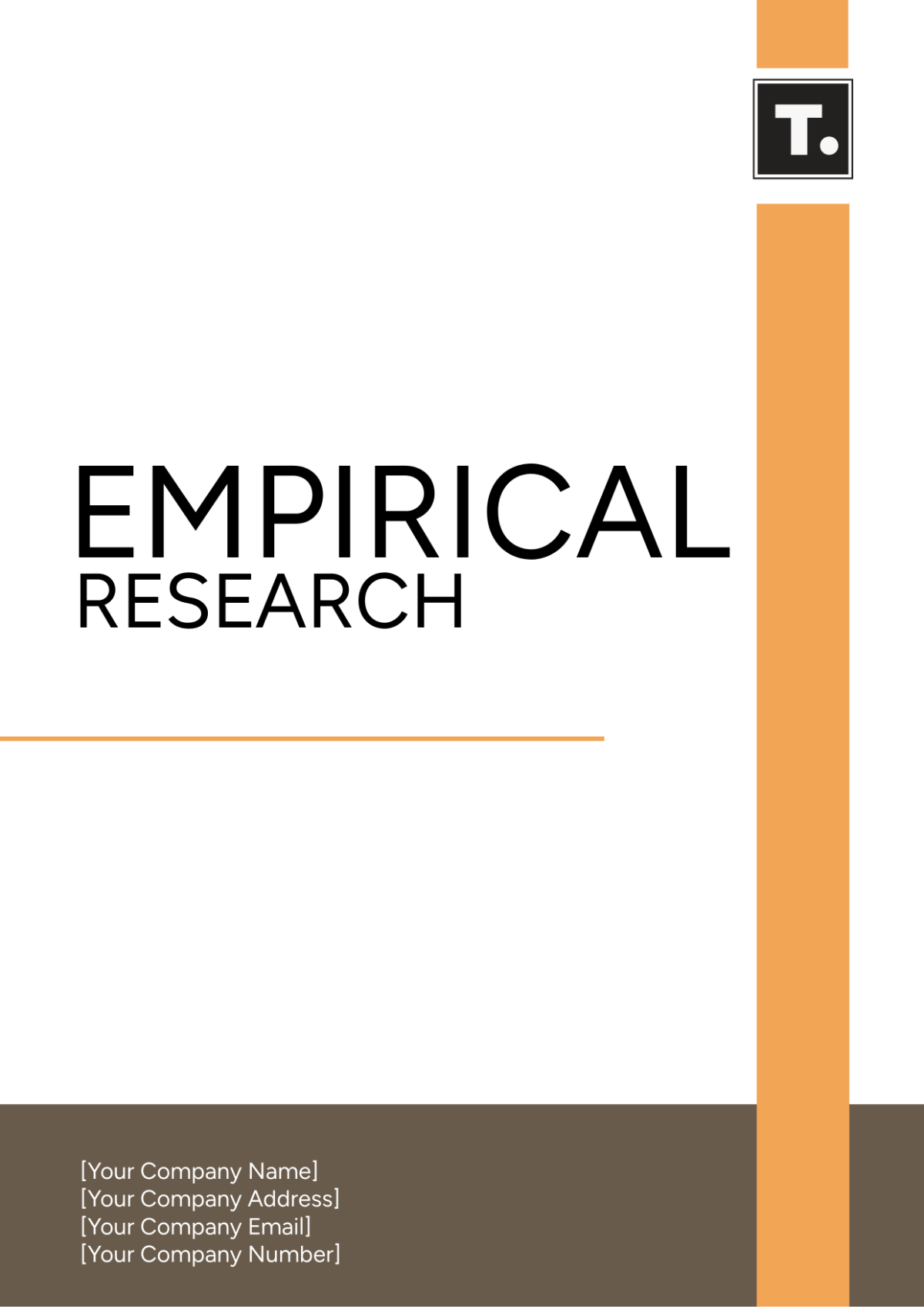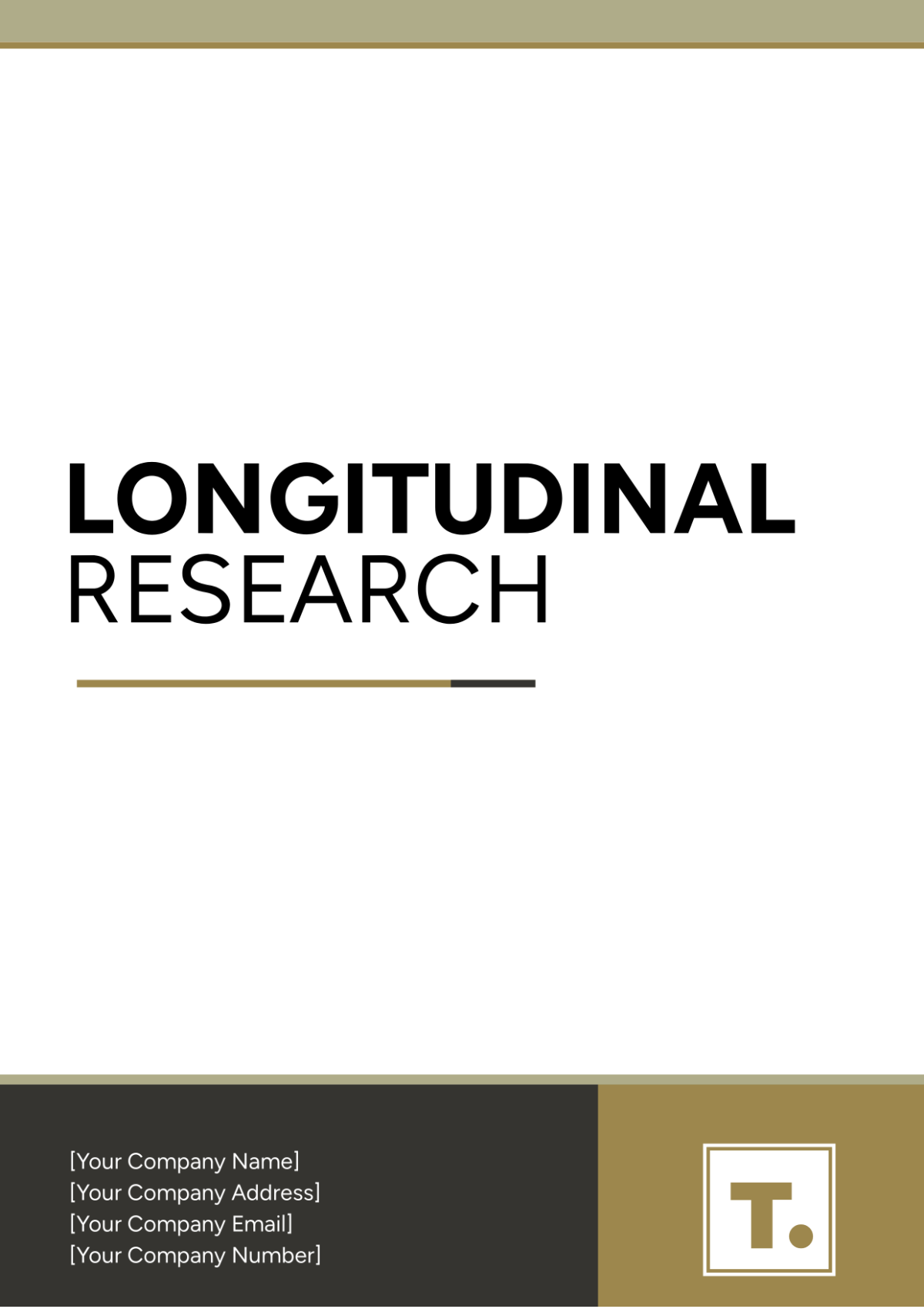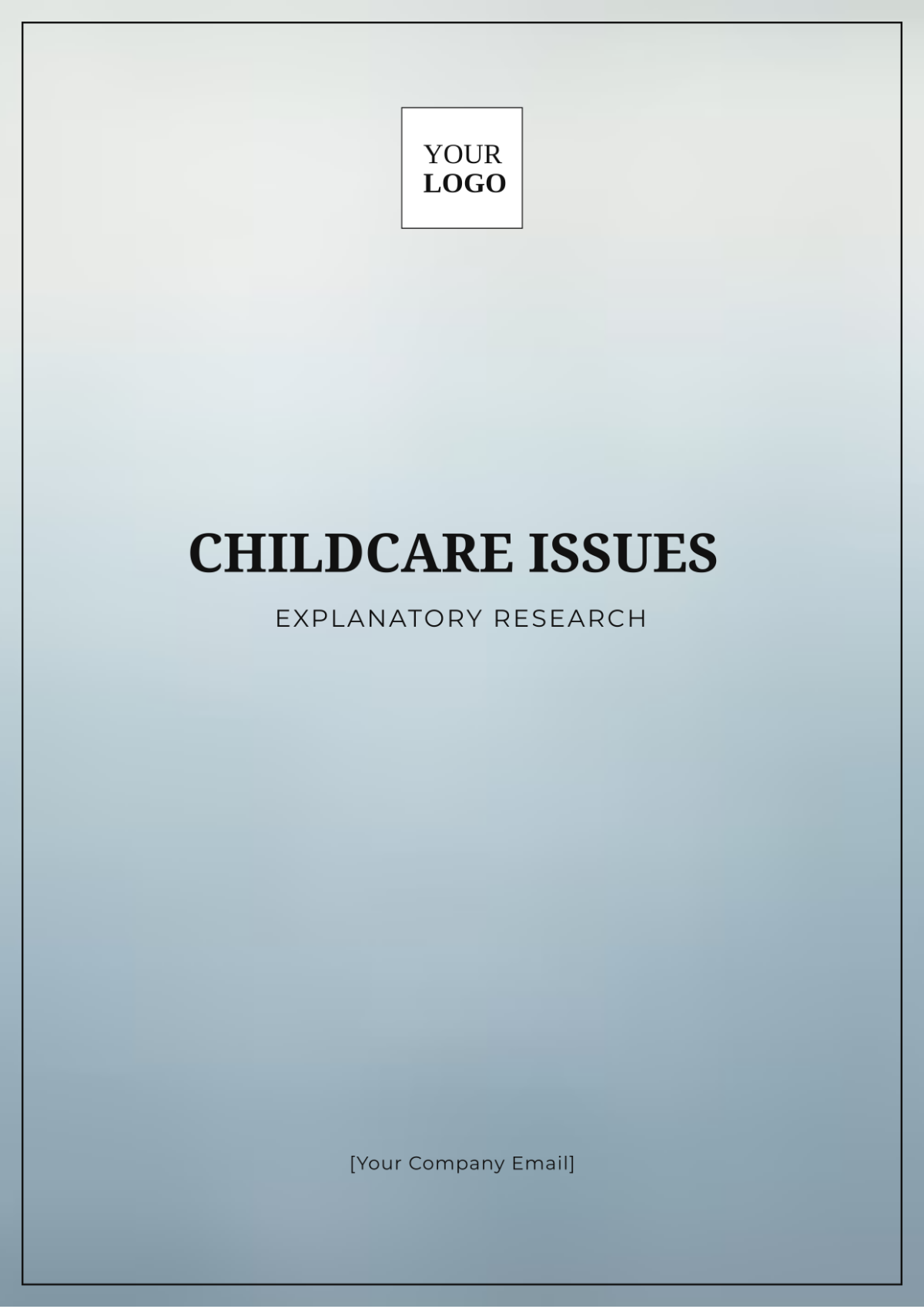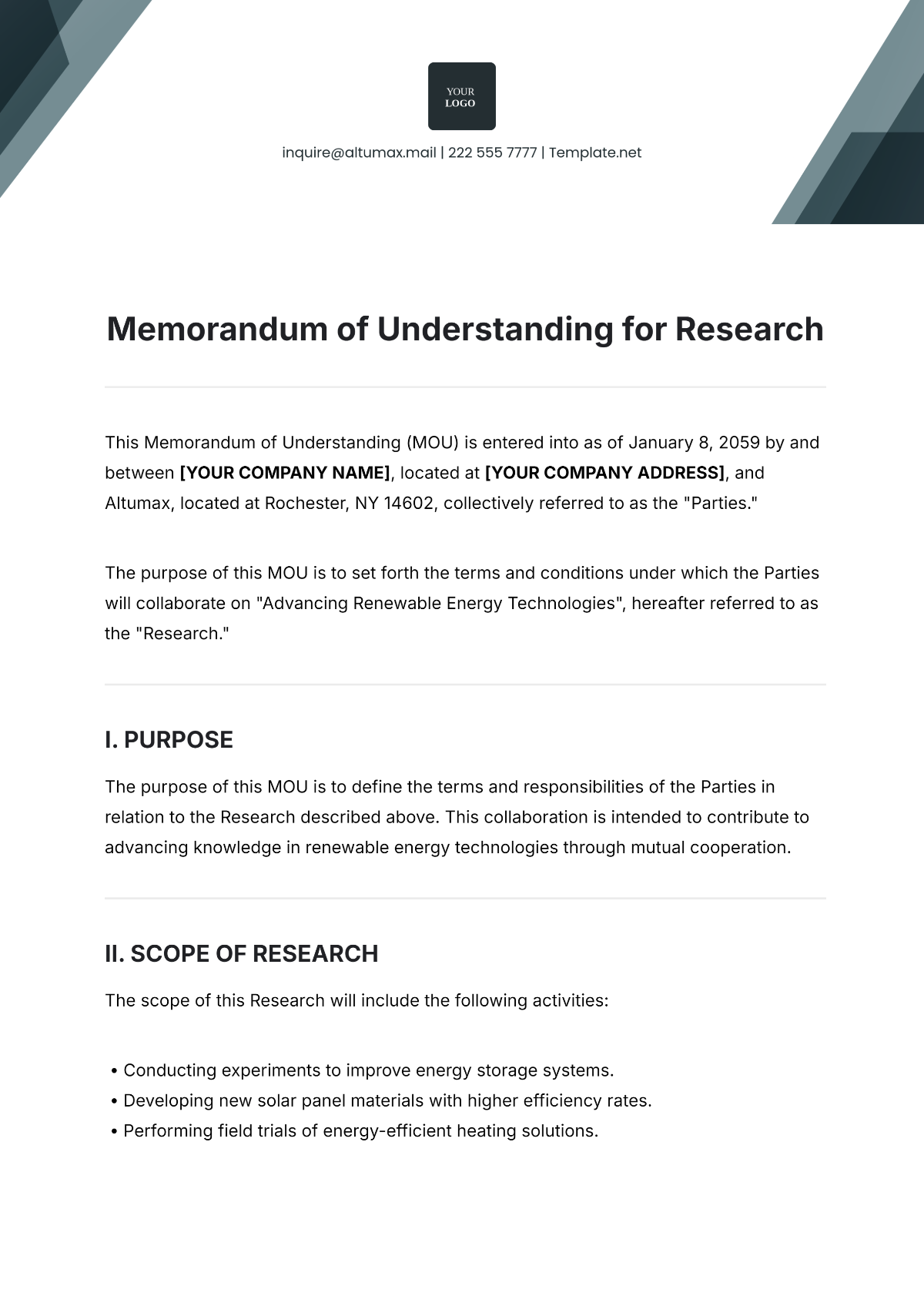Hypothesis Formulation Research Design
Prepared by: [YOUR NAME]
Date: [DATE]
I. Introduction
Research design is a structured plan outlining the approach for testing a hypothesis within a research study. It details how researchers will collect and analyze data to validate or refute their proposed hypothesis, ensuring systematic and reliable results. This guide provides a comprehensive overview of hypothesis formulation and research design, designed to be informative, educational, and practical for researchers at any level.
II. Hypothesis Formulation
A. What is a Hypothesis?
A hypothesis is a clear, testable statement or prediction about the relationship between two or more variables. It provides a focus for the research and determines the direction of the study.
B. Steps in Formulating a Hypothesis
Identify the Research Problem: Clearly define the problem you are interested in exploring.
Conduct a Literature Review: Review existing literature to understand what is already known about the topic.
Formulate the Hypothesis: Based on the literature review, develop a specific, testable hypothesis.
Define Variables: Identify the independent and dependent variables involved in the research.
Ensure Testability: Make sure the hypothesis can be tested with empirical data.
C. Types of Hypotheses
Null Hypothesis (H0): States that there is no relationship between the variables.
Alternative Hypothesis (H1): States that there is a relationship between the variables.
Directional Hypothesis: Specifies the direction of the relationship between variables.
Non-Directional Hypothesis: Indicates that a relationship exists but does not specify the direction.
III. Research Design
A. Definition and Importance
Research design refers to the framework or blueprint for conducting the research project. It details the procedures necessary for obtaining the information needed to structure or solve research problems. A well-designed research plan ensures that the data collected will be relevant, accurate, and reliable, thereby enabling the researcher to draw valid conclusions.
B. Components of Research Design
Research Questions: Specific queries the research aims to answer.
Sampling Methods: Techniques used to select participants or data sources.
Data Collection Methods: Procedures for gathering data (e.g., surveys, interviews, experiments).
Data Analysis Techniques: Methods used to analyze the collected data.
C. Types of Research Design
Type | Description |
|---|---|
Experimental | Involves manipulating one variable to determine its effect on another variable, allowing for a cause-and-effect relationship. |
Correlational | Examines the relationship between two or more variables without manipulating them. |
Descriptive | Provides a comprehensive summary of the phenomenon or problem being studied, without focusing on relationships between variables. |
Exploratory | Investigate a problem that is not clearly defined, aiming to gain insights and familiarity for later, more structured research. |
IV. Data Collection and Analysis
A. Data Collection Methods
Quantitative Methods: Surveys, experiments, and secondary data analysis.
Qualitative Methods: Interviews, focus groups, and observational studies.
B. Data Analysis Techniques
Quantitative Analysis: Statistical techniques such as regression analysis, t-tests, and ANOVA.
Qualitative Analysis: Thematic analysis, content analysis, and narrative analysis.
V. Conclusion
Hypothesis formulation and research design are critical components of a successful research project. Properly formulating a hypothesis and designing a research plan ensures that data collection and analysis are systematic and reliable, facilitating valid conclusions. By adhering to these guidelines, researchers can effectively address their research questions and contribute valuable findings to their field.
VI. References
American Psychological Association. (2050). Publication Manual of the American Psychological Association (7th ed.). Washington, DC: Author.
Creswell, J. W. (2051). Research Design: Qualitative, Quantitative, and Mixed Methods Approaches (4th ed.). Thousand Oaks, CA: Sage.
Flick, U. (2052). Designing Qualitative Research (2nd ed.). London, UK: SAGE Publications.





